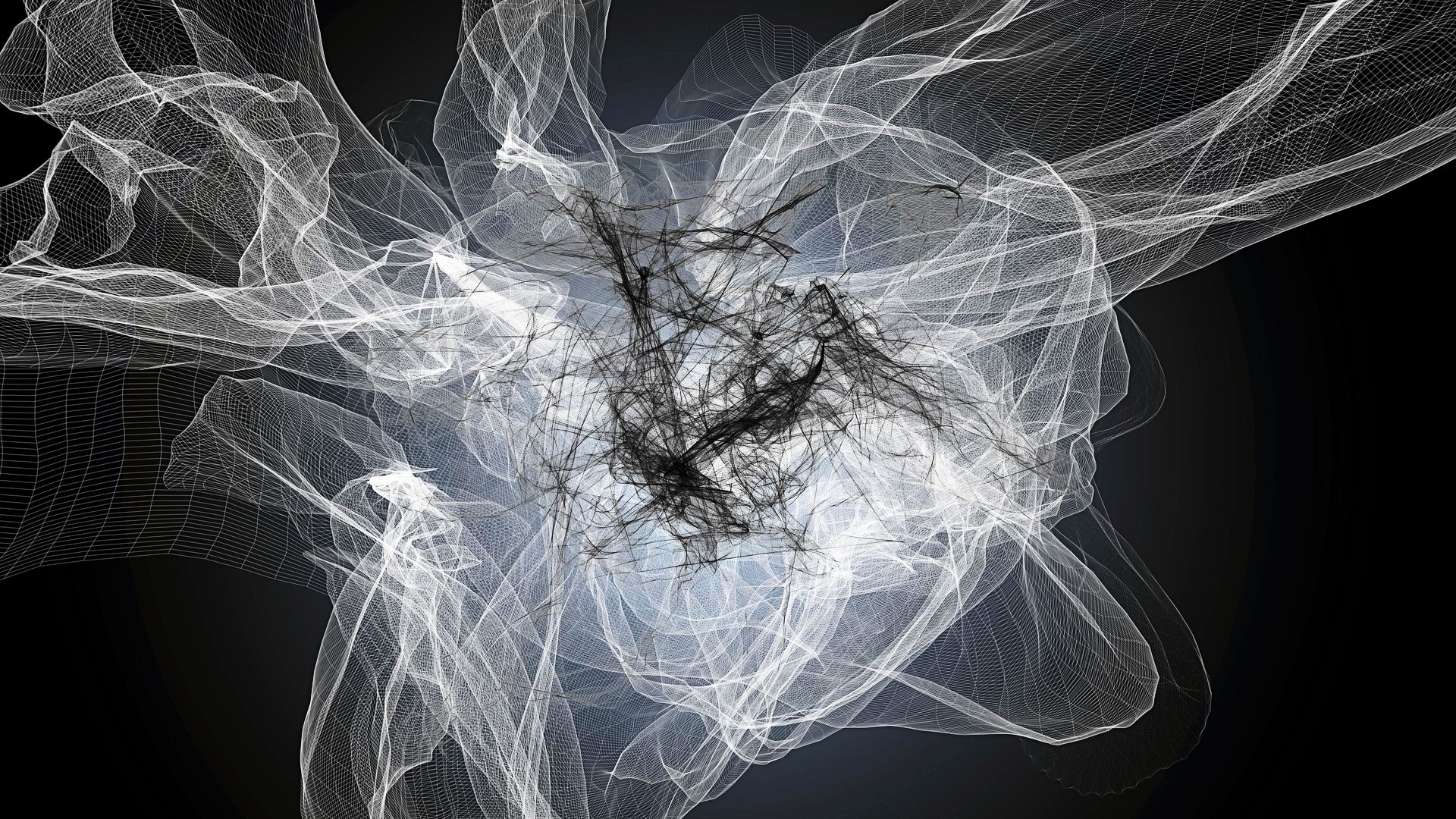How the “mind-body problem” impacts the future of AI

Credit: Joseph Racknitz / Public domain / Wikimedia Commons
- In the same way that mirror reflections of our bodies are not bodies, today’s AI systems trained on human thought are not minds.
- Minds are in some way “supervenient” on the physical brain: They depend upon the brain for their reality.
- The intrinsically embodied character of biological minds has important implications for AI research.
Consider the image that appears in your bathroom mirror every morning. The body in the mirror is not a second body taking up space in the world with you. It is not a copy of your body. It is not even a pale imitation of your body. The mirror-body is not a body at all. A mirror produces a reflection of your body. Reflections are not bodies. They are their own kind of thing. By the same token, today’s AI systems trained on human thought and behavior are not minds. They are their own new kind of thing — something like a mirror. They don’t produce thoughts or feelings any more than mirrors produce bodies. What they produce is a new kind of reflection.
You might ask, “How can we be so sure that AI tools are not minds? What is a mind anyway?” We have a lot of scientific data about minds, and a few thousand years of philosophical intuitions about them. In terms of a tidy scientific definition, it’s true that we are not much closer today than we were in 1641, when the philosopher and mathematician René Descartes defined a mind as “a thinking thing.” Still, based on the scientific evidence, most of us accept that minds are in some way supervenient on the physical brain. That is, minds depend upon the brain for their reality. Minds are unlikely to be free-floating intangibles merely tethered to the body like a pilot to a ship, a metaphor Descartes invoked but ultimately rejected as unsuitable.
Instead, minds almost certainly come into existence through the body and its physical operations. The operations that take place in the brain are essential, but the scientific evidence is increasingly clear that our mental lives are driven by other bodily systems as well: our motor nerves, the endocrine system, even our digestive system. Our minds are embodied rather than simply connected to or contained by our bodies. Descartes got closest to the truth when he admitted that our minds are mysteriously “intermingled” with the body. Unlike a person remotely piloting a ship, it is I, not simply my vehicle, who can be wounded by a violent collision. I don’t move my body around, I move myself.
A single trained AI model can pilot a swarm of drones or a thousand different robot bodies at once, but I do not pilot my body. I am my body.
But Descartes, who was convinced that the mind and body had two separate natures, still could not accept that the mind is truly of the body — that we move and think as minded bodies and embodied minds. He could not have accepted a scientific reality in which the mind is not only the neurons in my brain and nerves in my fingers, but also the hormones flowing in my blood and the neurotransmitters produced by the bacteria in my gut. A single trained AI model can pilot a swarm of drones or a thousand different robot bodies at once, but I do not pilot my body. I am my body. While something like a soul that survives the body is beyond the reach of science to confirm or refute, to think of my mind — driven by my hormones and nerve signals, moved by the neurotransmitter flows across synapses between my brain and gut neurons — as something other than my body is to commit what philosophers call a category error.
The intrinsically embodied character of biological minds has important implications for AI research, which is frequently led astray by the idea that the relationship between our minds and bodies is equivalent to the relationship between software and hardware. This computational metaphor for the mind can sometimes be useful, within its limits, but it has all too often been inflated into a computational theory of mind: the belief that the mind is, literally, a computer. It sparks fantasies of downloading and uploading human minds into the cloud, into virtual worlds, or into robot bodies, finally enabling the fleshy manacles of human mortality to be broken. Everything we know about the complex evolved physiology of mental life gives us ample reason to be skeptical of these fantasies.





